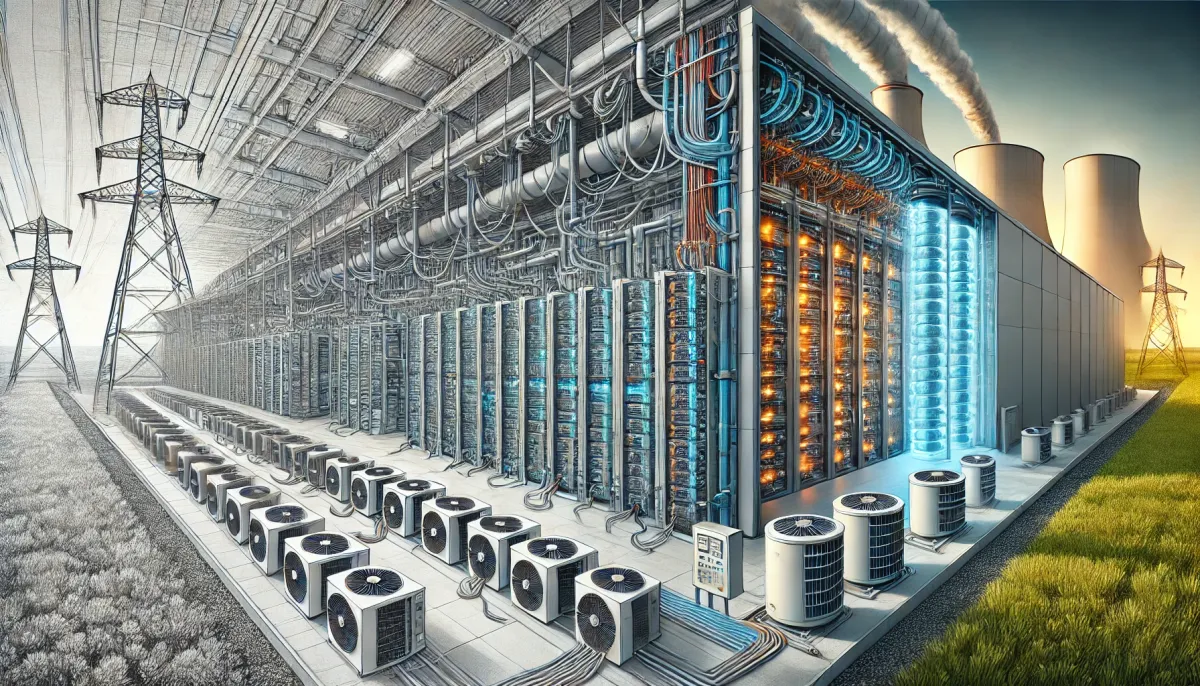AI is a Key Component in Effectively Managing the Energy Grid
The ability to balance the grid’s supply and demand in real time will become extremely complex.
Teralyn Whipple

WASHINGTON, May 30, 2023 – Artificial intelligence will be required to effectively manage and optimize a more complex energy grid, said experts at a United States Energy Association event Tuesday.
Renewable energy technologies such as solar panels, electric vehicles, and power walls add large amounts of energy storage to the grid, said Jeremy Renshaw, senior technical executive at the Electric Power Research Institute. Utility companies are required to manage many bidirectional resources that both store and use energy, he said.
“The grid of the future is going to be significantly more complicated,” said Renshaw. Having humans operate the grid will be economically infeasible, he continued, claiming that AI will drastically improve operations.
 Broadband BreakfastBroadband Breakfast
Broadband BreakfastBroadband Breakfast
The ability to balance the grid’s supply and demand in real time will become extremely complex with the adoption of these new technologies, added Marc Spieler, leader for global business development at AI hardware and software supplier, Nvidia.
Utility companies will need to redirect traffic in real time to support the incoming demand, he said. AI enables real time redirecting of traffic and an understanding of the capacity of the grid at any point, said Spieler.
Moreover, AI can identify what changes need to be made to avoid waste by over generating electricity and black outs by under generating, he said. AI also has the capability to predict and plan for extreme weather that can be hazardous to electrical infrastructure and can identify bottleneck areas where infrastructure needs to be updated, said Spieler.
Human management will still be required to ensure that systems are operated responsibly, said John Savage, professor of computer science at Brown University. Utility companies should avoid allowing AI to make unsupervised decisions especially for unforeseen scenarios, he said.
The panelists envision AI as a decision support mechanism to help humans make more informed decisions, agreed the panelists. The technology will replace jobs that deal with mundane and repetitive tasks but will ultimately create more jobs in new positions, said Renshaw.
This comes several weeks after industry experts urged Congress to implement federal AI regulation.








Member discussion